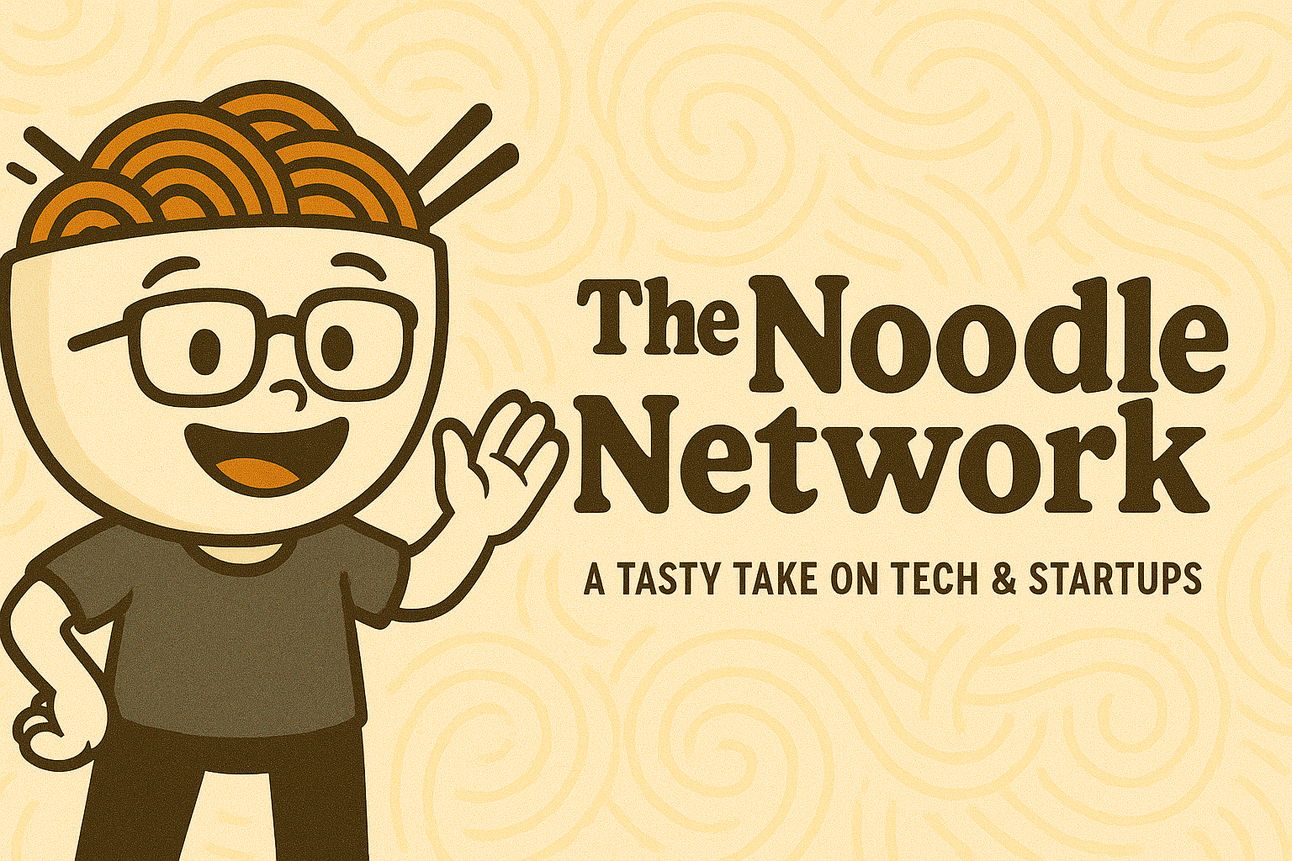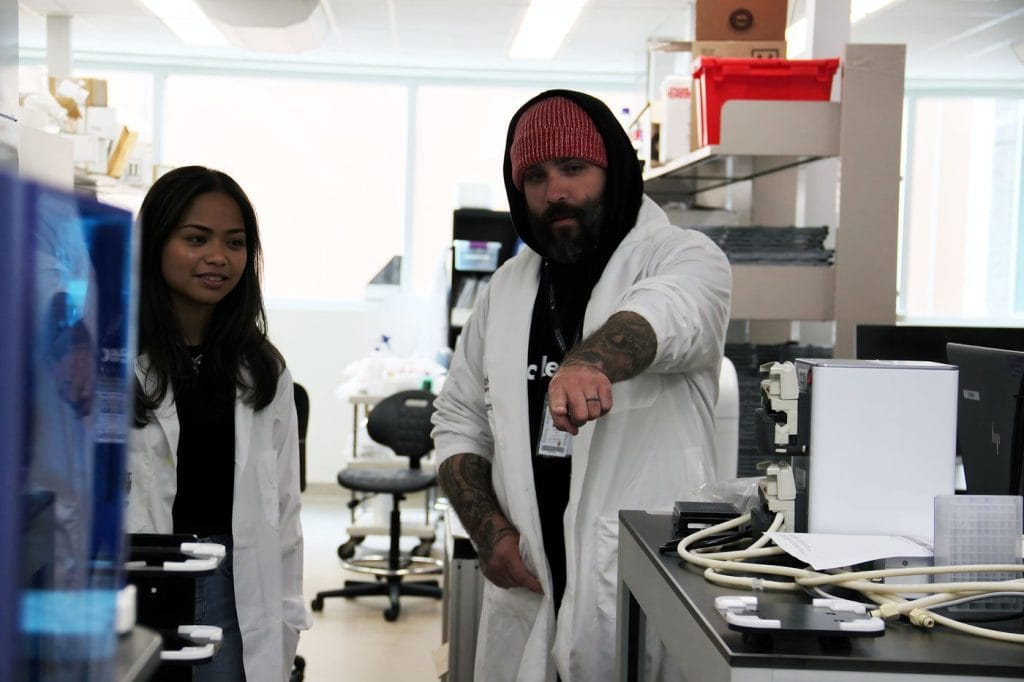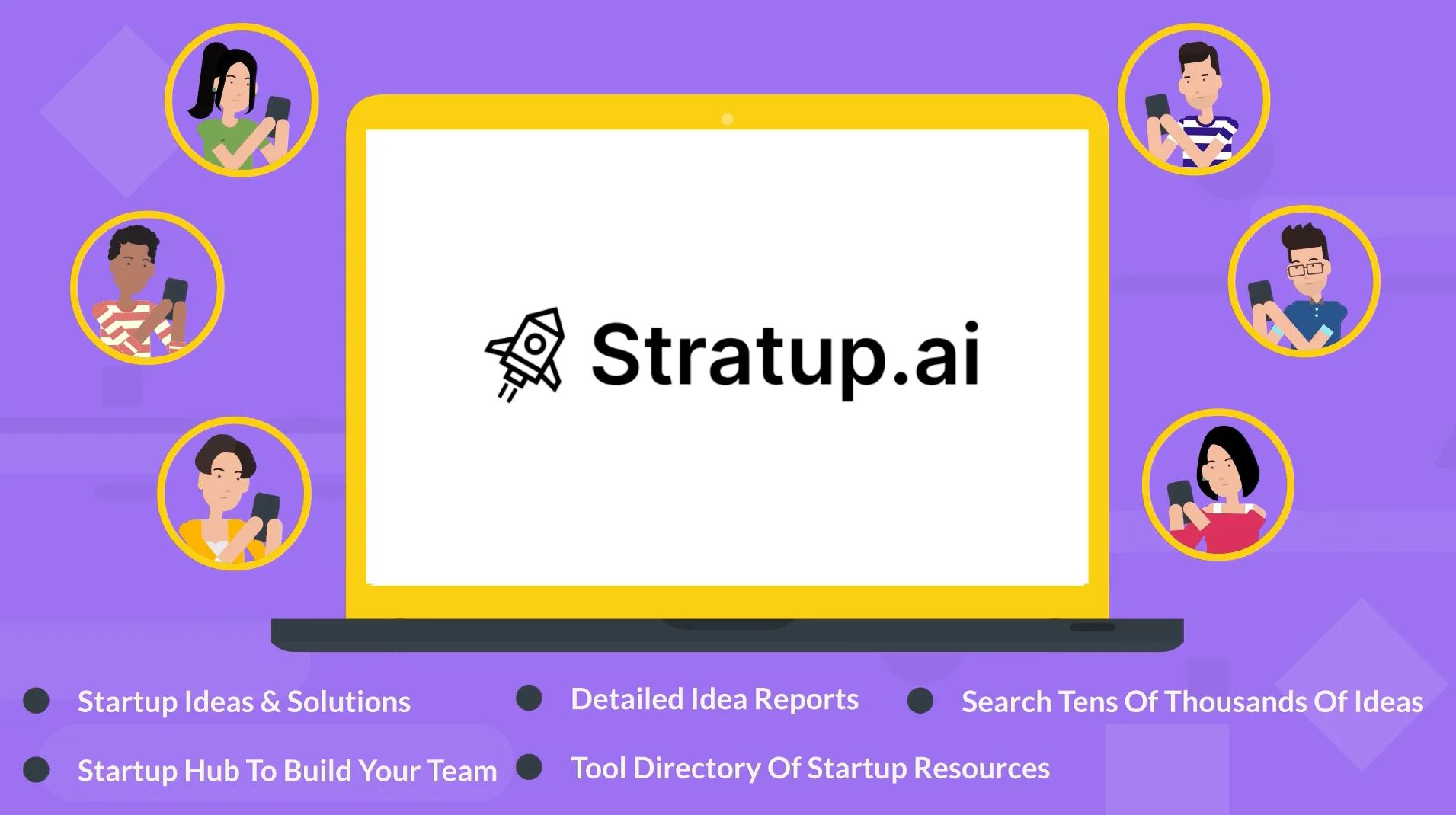- The Noodle Network
- Posts
- 🍜 China's AI is drawing U.S...
🍜 China's AI is drawing U.S...
We might be one unicorn away from needing a reality check...
Welcome, Noodle Networkers.
China is officially tossing the phrase "AI superintelligence" into public conversation 🌐. The U.S. is now watching more closely than a nervous student before a surprise pop quiz. The arms race just got existential. Meanwhile, Canadian researchers used AI to make breakthroughs in bowel disease treatment 🧬. Finally, a use for machine learning that doesn't involve deepfakes or writing emails in pirate speak. And Canada’s government is under pressure to balance AI growth with public safety 🇨🇦. Translation: "We want to go fast… but not Skynet fast."
Are we on the verge of genius or gastrointestinal glory? Keep scrolling to find out.
In today’s AI digest:
China begins talking about AI superintelligence, drawing U.S. attention 🌐
AI helps Ontario researchers find breakthrough bowel disease treatment 🧬
Carney government faces pressure to balance AI growth and safety 🇨🇦
Read time: 5 minutes
What do you want to see next? |
WHAT’S HAPPENING TODAY
China’s AI
(source: NBC)
🌐 The Digest: China has started publicly talking about AI superintelligence, and the United States is paying close attention. Beijing is presenting AI as a key to national power, while Washington is quietly wondering if it should be impressed, concerned, or both.
Key Details:
🧠 Superintelligence Ambitions
Chinese researchers and officials are openly discussing AI systems that could outperform humans in multiple domains. The conversation has moved beyond chatbots and into “build the brain of civilization” territory.
🇨🇳 Xi’s Push for Self-Reliance
President Xi called for China to control every part of the AI ecosystem, from chips to software. The goal is clear: depend on no one and lead in everything.
🌍 A Global Governance Proposal
At the World AI Conference in Shanghai, Premier Li Qiang proposed a global AI body to manage standards and cooperation. Imagine the United Nations, but for algorithms with trust issues.
⚖️ Two Philosophies, One Goal
China is focused on using AI to boost industries and public services. The United States continues to chase general intelligence, hoping for the next big breakthrough. One side is optimizing factories; the other is trying to invent digital Einstein.
🚦 Controlled Innovation
China’s policy emphasizes “controllable” AI, meaning progress that stays on a leash. The country wants smarter machines that follow orders, not ones that start asking questions about who is really in charge.
Why It Matters: This is not just a tech competition; it is a global race to decide who writes the rules of AI. The United States wants openness and innovation. China wants precision and control. Both are sprinting toward the same finish line for entirely different reasons. The amusing part is how much this resembles a school competition. The United States shows up with a flashy science project that sometimes bursts into flames. China arrives with a quiet machine that always works but never smiles for the camera. The rest of the world is just trying to copy the design without setting off alarms.
Ryse
Amazon Bets Big on Smart Homes, You Can Too
Ring 一 Acquired by Amazon for $1.2 Billion
Nest 一 Acquired by Google for $3.2 Billion
Amazon’s investments have resulted in significant returns for early investors in these companies - so, which area of the smart home is next?
RYSE is a tech startup poised to dominate the Smart Shades market, with an exclusive public offering of shares priced at just USD $2.25.
They are filling in one of the last missing pieces of the smart home, with:
Proven Demand: Offering the only product that automates existing window shades, RYSE has sold over $10M of product to date!
Powerful Patents: RYSE has over 10 granted patents, and an Amazon Court Judgement win that blocks the sale of any copycats from selling!
Consistent Returns: Early shareholders have seen their share price rise by over 10x, with significant upside remaining as RYSE launched in over 100 BestBuy stores.
AI medicine
(source: CityNews)
🧬 The Digest: Researchers in Ontario are using AI to crack one of medicine’s toughest puzzles: bowel diseases like Crohn’s and ulcerative colitis. The results are promising, with AI helping scientists find new compounds, detect patterns in gut tissue, and basically do in days what used to take months. Who knew the secret weapon against inflammation might be a chatty algorithm?
Key Details:
🔍 AI Predicts Disease Trends
An AI system analyzed hundreds of studies to forecast how inflammatory bowel disease spreads and evolves. It can now tell which regions are about to see spikes in cases—like a meteorologist for stomach drama.
🧱 Gut Tissue Gets the Spotlight
Canadian researchers trained models to recognize differences between healthy tissue and diseased samples. The AI learned to spot microscopic red flags that even experts might miss, proving that robots really can talk crap better than humans.
💊 New Compound Discovery
Teams at McMaster and MIT used AI to identify a potential new antibiotic that targets harmful gut bacteria while sparing the good ones. The machine basically speed-ran the “Eureka!” moment, no lab coat required.
📚 From Lab Benches to Laptops
Instead of endless trial and error, researchers are now fine-tuning AI systems that tell them which molecules are worth testing. It turns out science goes a lot faster when your assistant doesn’t need coffee breaks.
Why It Matters: AI isn’t curing diseases overnight, but it’s rewriting how medical research happens. It can crunch more data in an afternoon than most scientists could in a career, turning guesswork into precision. The fun part is that doctors may soon spend less time pipetting liquids and more time debugging code. And somewhere, a very proud AI is thinking, “I told you I could fix your gut. Literally.”
AI safety
(source: TheStar)
🇨🇦 The Digest:
The Carney government in Canada is under growing pressure to juggle two big AI goals at once: accelerate growth and protect citizens from runaway bots. It’s a high-wire act: how do you court cutting-edge innovation without accidentally training Skynet behind your back?
Key Details:
⚖️ Growth vs. Guardrails
Boosters argue Canada must invest aggressively in AI talent, infrastructure, and incentives. Critics warn that without strong regulation, unbridled growth could lead to privacy disasters or algorithmic mayhem.
📜 Proposed Safety Laws
Legislators are drafting rules requiring transparency, red-teaming, and incident reporting for powerful AI systems. The idea is to build AI that’s ambitious, but also accountable.
🏢 Industry Whispers
Tech firms say overregulation might drive them to friendlier lands. They want flexibility, not red tape. Meanwhile, activists warn that waiting too long could make controls impossible.
🌍 International Watch
What Canada does matters globally—especially since the U.S. and EU are already racing ahead with AI rules. Other nations will watch whether Carney strikes a smart balance… or lets things spin out.
Why It Matters: If Carney succeeds, Canada could become the AI kingdom that kept its soul. Fail, and it might be the country that let bots write the bylaws. Either way, the world will watch. The humorous side? Imagine a future where your toaster asks you to approve its firmware update. And the government debates whether to regulate it as an “appliance” or an “autonomous entity with breakfast ambition.”
THE NOODLE LAB
AI Hacks & How-Tos
The Digest: Stratup.ai is an AI-powered platform that helps you brainstorm startup and business ideas in seconds. You feed it a prompt or choose categories, and it returns fresh, creative ideas to explore.
⚙️ How-to:
Go to Stratup.ai
Open Stratup.ai in your browser.
Start Generating Ideas
Click “Generate Ideas” or use the big button on their homepage.
Optionally, select one or more industry categories to guide the AI.
Enter Your Prompt
Type in a prompt like “apps for remote workers in India” or “eco-friendly pet products.”
Stratup.ai will use your prompt + category context to generate ideas.
Browse & Pick Ideas
Review the list of generated startup ideas.
Click on any idea to get more detail—sometimes you’ll get branding, features, or market niche suggestions.
Search Their Idea Library
Use the Search feature to explore ideas by keywords, industries or categories.
Explore More: Check out Stratup.ai’s “How It Works” page for behind-the-scenes details and tips to get better results.
Trending AI Tools
Stratup.ai – Generates startup ideas from quick prompts.
AutoGen Studio – No-code builder for AI agent workflows.
TAI Scan Tool – Checks AI systems for compliance risks.
GAICo – Compares outputs across AI models easily.
Bud Runtime – Runs generative AI on CPUs, not GPUs.
What'd you think of today's email? |






